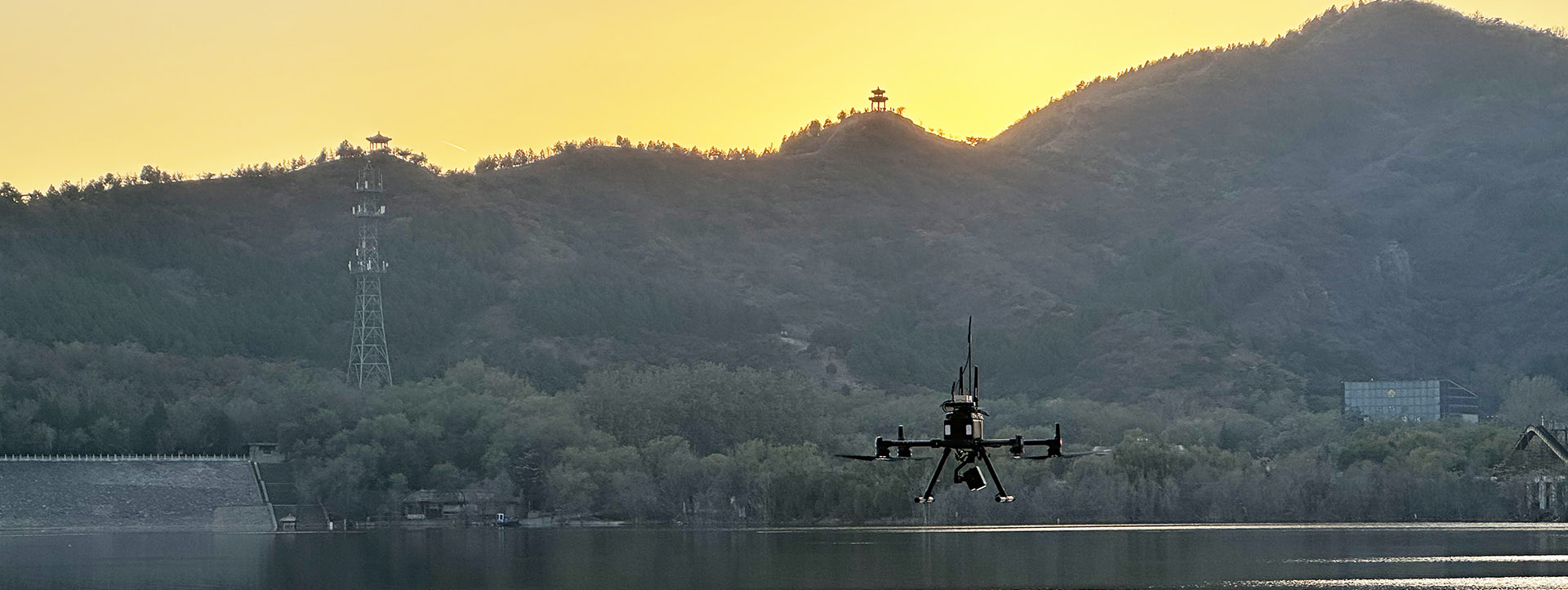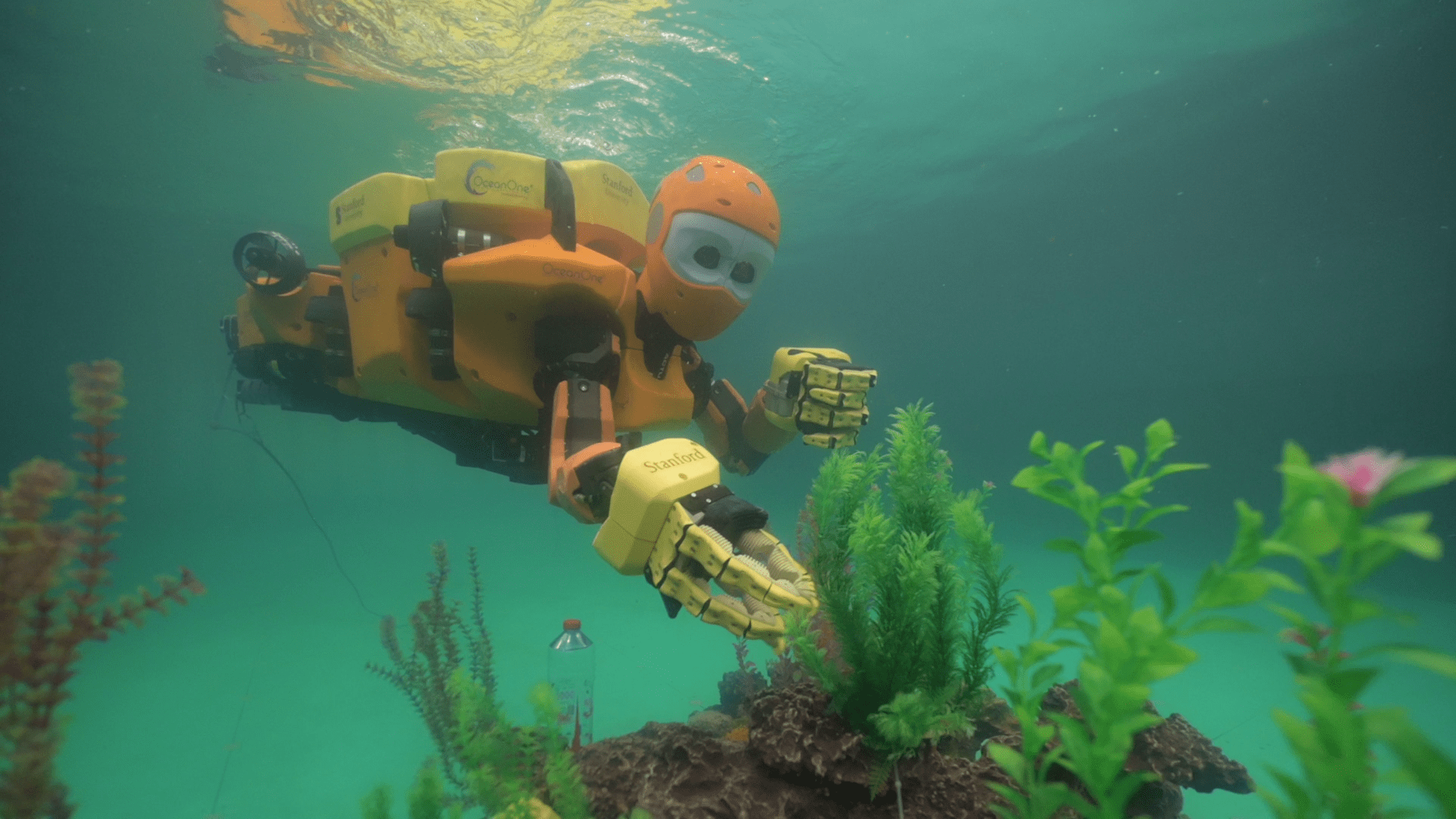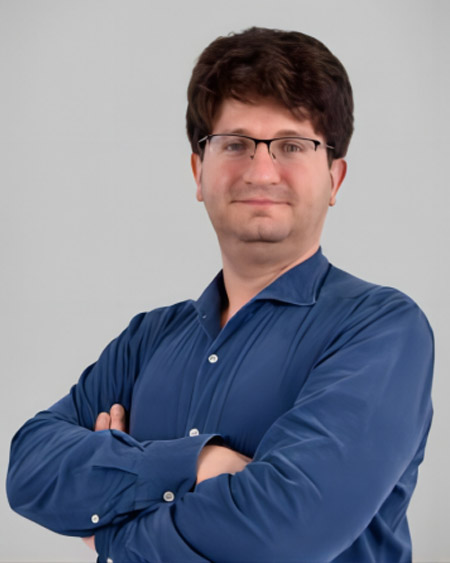Eliseo Ferrante, Assistant Professor, Vrije Universiteit Amsterdam, Netherlands
E-mail:e.ferrante@vu.nl
Website: https://research.vu.nl/en/persons/eliseo-ferrante
Title:Swarm robotics: Current state of practice and its potential for open space real world applications
Bio:Dr. Eliseo Ferrante is Senior Director at the Autonomous Robotics Research Center at the Technology Innovation Institute (TII), a cutting-edge UAE-based scientific research center. In this role, he is responsible for carrying out advanced research, with a focus on bio-inspired control methods for swarms of heterogeneous robots (on land, air, and water) and self-organized communication networks. He also is an Assistant Professor at the Vrije Universiteit Amsterdam (on leave).
Dr Ferrante’s research focuses on swarm robotics studies from an interdisciplinary perspective, comprising computational, statistical physics, and evolutionary models of collective behavior. Some of the phenomena he studies include collective motion, aggregation, task specialization, and collective decision-making in artificial agents and robots. His methodological expertise includes computer simulations, real robot experiments, and evolutionary and mathematical models. He applies these methodologies to the control of large swarms of robots that could be deployed in a variety of environments such as land, air or water.
Dr Ferrante has authored more than 40 peer-reviewed articles published in international journals and presented at conferences, including Physical Review Letters (IF 2016: 8.46) and IEEE Transactions in Cybernetics (IF 2016: 7.38). He also authored a survey article that has earned more than 900 citations since 2013, making it the most cited article in the field. His Google Scholar H-index is 20, and the total number of citations is over 2,500. Dr. Ferrante’s research is featured in international and national magazines, including Science Magazine and IEEE Spectrum.
He earned a PhD in Engineering Sciences from the Université Libre de Bruxelles (ULB - Belgium) in 2013, an MSc in Computer Science from the University of Illinois at Chicago (USA), and an MSc in Computer Science Engineering from Politecnico di Milano (Italy).
Abstract:Swarm robotics is concerned with the control of large groups of autonomous robots. By taking inspiration from natural and social insects, the paradigm dictates that robots should be controlled only using local perception and local communication, without central infrastructures or only using scalable technologies. This means that swarm robotics is particularly suited for those applications in which there is a limited human presence, and where the environment presents no human-made infrastructures. This is for example the case of maritime operations, which may not be covered by cellular infrastructures, but that do require monitoring and intervention over very large areas.
In this talk, I will present a brief review of the research progress done in the field of swarm robotics, and discuss whether the technologies developed in this field are ready to go outside of the laboratory. I will review the technology-readiness of the existing technology, that is normally centered around the development of building blocks (also called collective behaviours) tested in laboratory conditions or in simulation. I will explain what, from my personal point of view, is needed to advance the maturity of swarm robotics research to higher technology readiness, and discuss a few advances done in this direction.





